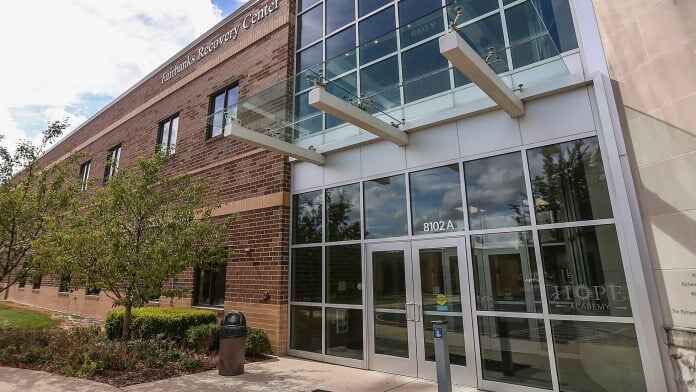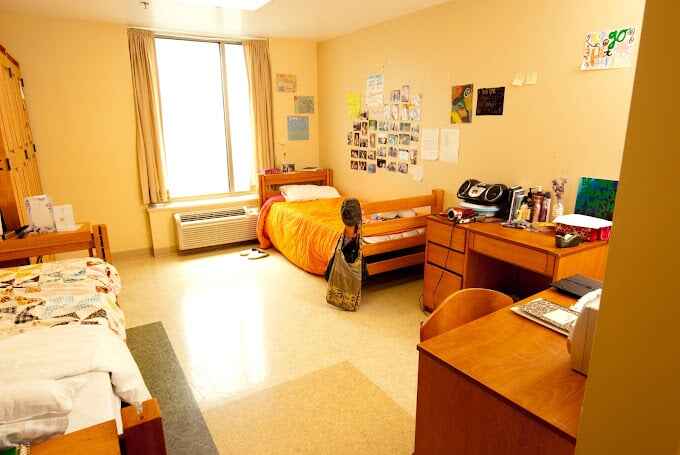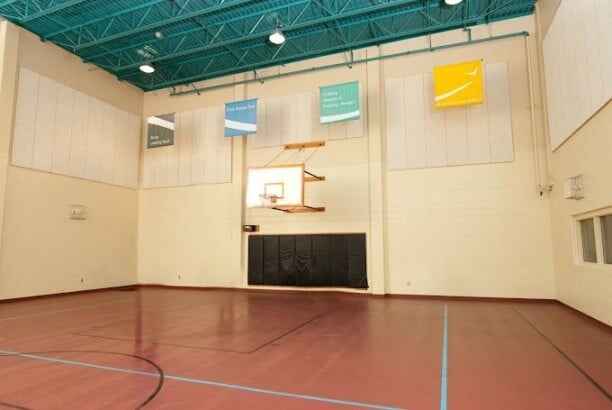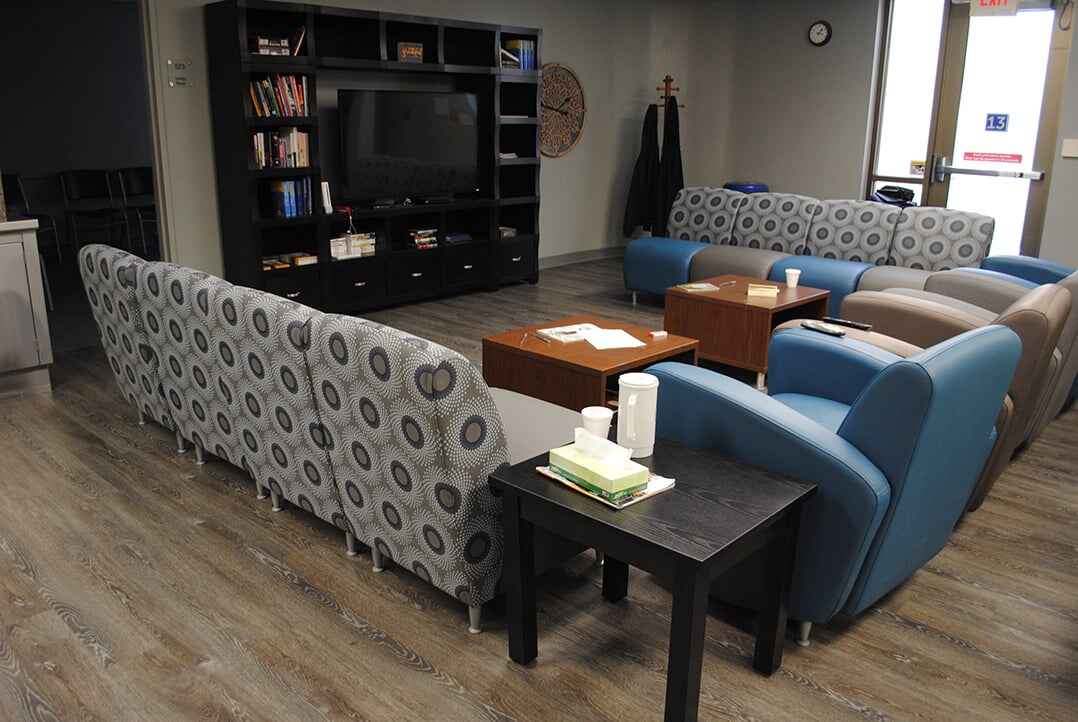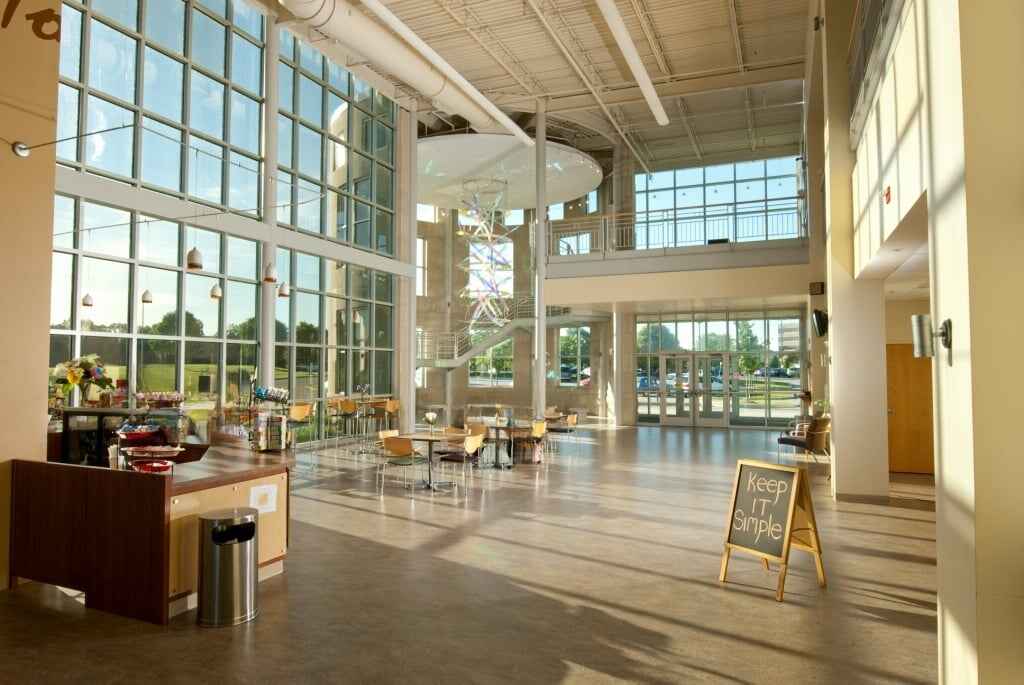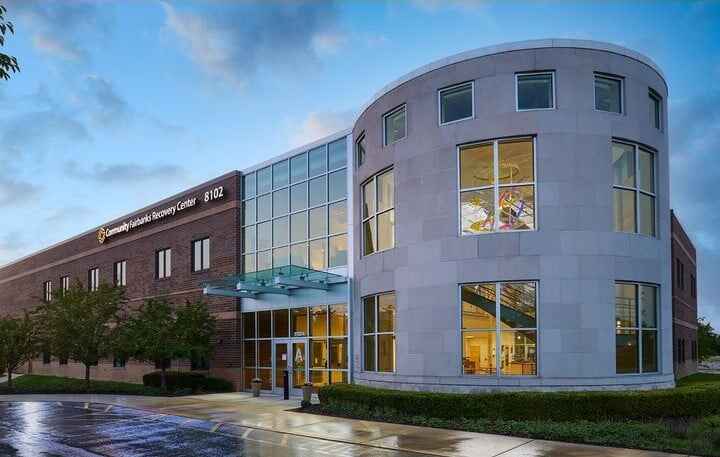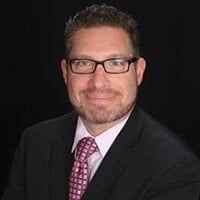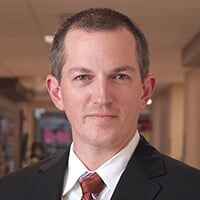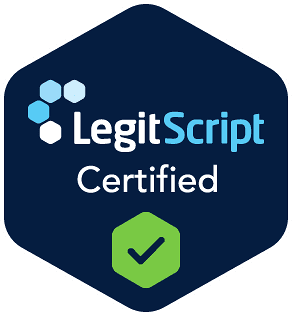About Community Fairbanks Recovery Center – Indianapolis
Community Fairbanks Recovery Center is a nonprofit addiction recovery center located in Indianapolis, Indiana. They provide confidential and individualized alcohol and drug treatment programming for men, women, adolescents, and their families. Their services are also available to seniors seeking help. Available offerings include medication assisted treatment, inpatient treatment, partial hospitalization and general outpatient programs, and aftercare support. Specialized services are available for clients with co-occurring addictions and mental health disorders.
Their medication services help clients safely detox from opioids, alcohol, and other drugs under medical supervision. As they monitor client progress, providers may administer FDA-approved addiction medications to control pain, minimize cravings, and reduce the risk of relapse. Following a successful detox, clients can begin transitioning into other levels of care, including inpatient treatment.
The inpatient program is provided through the Behavioral Health Pavilion. Their facility has 122 beds spread out in nine different units. Mood disorders, serious mental illness, and acute psychiatric conditions are each treated in their own designated unit designed to focus on the needs of the presenting mental health challenge. A psychiatrist who leads a multidisciplinary team of medical and mental health practitioners will be involved in the treatment process. The team works together to coordinate a plan for you that involves individual, group, or family therapy. Therapeutic groups that focus on developing stress management and problem solving skills, self management and education on co-occurring conditions will be implemented.
Their day program is an alternative or a follow up to inpatient services. The program provides routine therapy throughout the week. It allows participants to continue to go to work and support outside needs, such as family, while also receiving treatment. Group therapy, psychiatric treatment, and medication management are a part of the treatment. Classes focus on life skills, stress management, communication, and assertiveness. This program is scheduled to run three to six hours a day, three to five days per week. Day and evening options are available.
Outpatient services are available for those who do not need a highly structured environment while receiving treatment. This program offers individual, group, and family therapy for issues such as depression, anxiety, stress or anger management, substance abuse, or gambling addiction. Specialized outpatient services are available for those with serious mental illness. The care focuses on medication education and management, daily living activities, clinical case management, and individual and group therapy.
Aftercare support may include referrals and client linkages to other health services throughout the hospital. Providers may also connect clients to local, outside resources that can support their long-term recovery through services such as vocational training, transitional housing, peer recovery groups, transportation, and other resources.
Community Fairbanks Recovery Center may be in-network with most commercial insurance plans. Speak with your individual provider to confirm your coverage as out of network benefits may vary.
